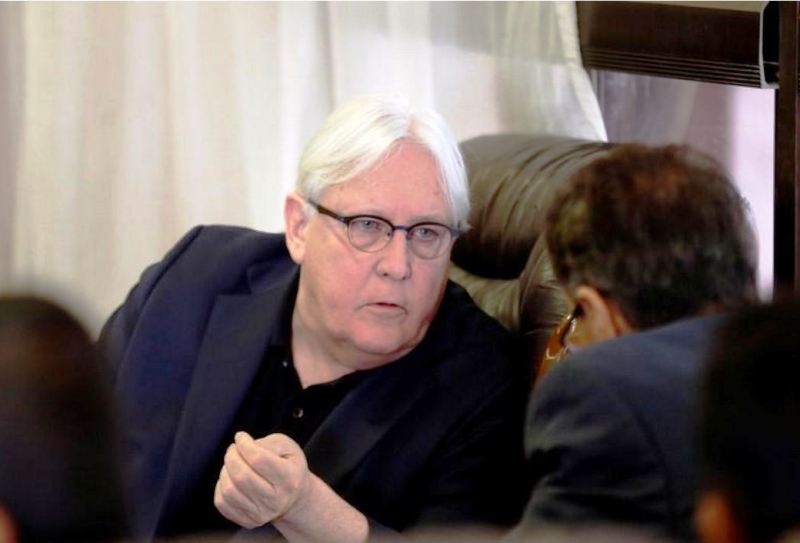
“I’d like to get the parties together within the next few weeks at the very latest,” he said. “I’m hoping that the (UN) Security Council will meet next week and we’ll put a plan before them as to how we’re going to bring the talks back.”
Griffiths said that in the last few days he had met President Abd-Rabbu Mansour Hadi in the southern city of Aden, temporary headquarters of the exiled government, and Mohammed Abdul-Salam, chief negotiator of the Houthi group fighting against the government, Reuters reported.
“Both parties have confirmed to me their willingness to come to the table to restart negotiations. I think it’s long overdue that that should take place. It’s been about two years since the last talks on Yemen.”
He said he believed the discussions the UN had had with the warring sides had so far prevented a major attack on the port facilities or city of Hudaidah, which is a vital lifeline for Yemen’s population.
The Houthis had offered the UN a lead role in managing the port if there was an overall ceasefire in the governorate, he said, and both sides had accepted that, but talks were continuing on how to completely avoid any attack.
“At the moment we are still in negotiations as to whether a UN role would help to avoid an attack, and more importantly, and this is where I think we’re going, whether in fact the restart of negotiations will mean the attack on Hudaidah or the move towards war will be avoided.”
Griffiths expected more talks with the Houthis in the next few days to be clear about the timing and details of negotiations between the two sides.
There were estimated to be up to one million Yemenis fighting and it would be a massive task to disarm, demobilize and reintegrate them, but that was the priority for the ordinary people of Yemen, he said.
8072**1396
Follow us on Twitter @IrnaEnglish
 solhkhabar | Peace International News Agency Peace International News Agency , Peace News , International Agency News of Peace
solhkhabar | Peace International News Agency Peace International News Agency , Peace News , International Agency News of Peace